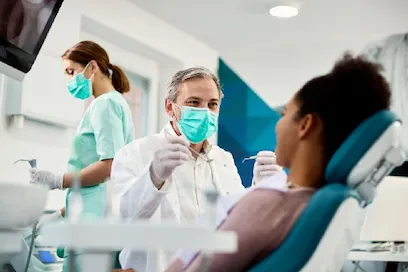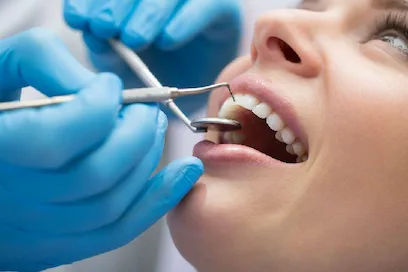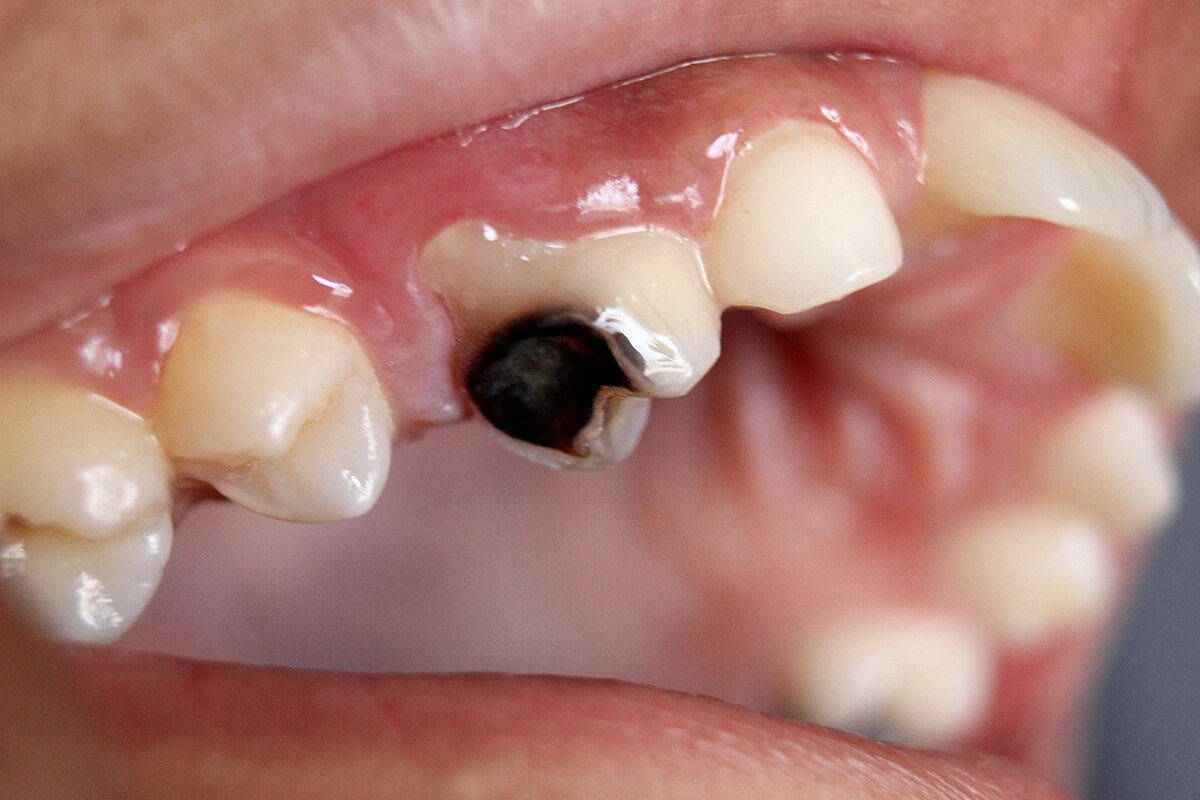What To Do When a Dental Emergency Happens
Dental emergencies can occur when you least expect them, and they often require prompt attention to prevent further damage. Whether it’s a sudden toothache, a broken tooth, or an injury to your gums, knowing what to do in a dental emergency can make a huge difference. In this article, we’ll guide you on what to do when a dental emergency happens and how to manage these situations until you can get professional care.
1. Severe Toothache
A toothache can be incredibly painful and may result from tooth decay, gum disease, or even an injury. If you experience a sudden, severe toothache, here’s what to do:
- Rinse with warm water: Clean your mouth gently with warm water to remove any debris or food particles that may be causing the pain.
- Floss carefully: Use dental floss to remove anything stuck between your teeth.
- Pain relief: Take over-the-counter pain medications like ibuprofen or acetaminophen to reduce pain (avoid aspirin, as it can thin the blood).
- Cold compress: Apply a cold compress or ice pack on the outside of your cheek to reduce swelling and numb the pain.
Tip: Do not place aspirin directly on the tooth or gum, as it can burn the tissue.
2. Knocked-Out Tooth
Losing a tooth can be a traumatic experience, but if you act quickly, there is a chance the tooth can be saved. Follow these steps if your tooth is knocked out:
- Pick up the tooth by the crown (the top part) and avoid touching the root.
- Rinse the tooth gently with water (do not scrub or remove any tissue attached to it).
- Reposition the tooth: If possible, try to gently place the tooth back in its socket. Bite down on a clean cloth to keep it in place.
- Keep the tooth moist: If you can’t place the tooth back, store it in a container with milk, saline solution, or even water until you can get to the dentist.
- Seek emergency dental care immediately, as the chances of saving the tooth are higher if you visit the dentist within 30 minutes to an hour.
3. Broken or Chipped Tooth
If you break or chip a tooth, you may experience pain, sensitivity, or a jagged edge. Here’s what to do:
- Save the pieces: If part of your tooth has broken off, save the pieces and bring them to the dentist.
- Rinse your mouth: Use warm water to clean the area and remove any debris.
- Apply a cold compress: Place a cold compress on the outside of your cheek to reduce swelling and manage pain.
- Pain relief: If you’re in pain, take over-the-counter painkillers, but avoid placing them directly on the tooth or gums.
- Avoid chewing on the broken tooth: Until you can see your dentist, avoid chewing on the affected side of your mouth to prevent further damage.
Tip: A dental crown, bonding, or filling may be used to restore the tooth depending on the severity of the break.
4. Lost Filling or Crown
If a dental filling or crown falls out, the affected tooth can become sensitive or exposed to bacteria, which can lead to further damage. Here’s what to do:
- Save the filling or crown: Keep the filling or crown if you can, as the dentist may be able to reattach it.
- Temporary fix: If the crown has come off, you can temporarily secure it back in place with dental cement (available at most pharmacies) until you can get to your dentist.
- Avoid chewing on the affected tooth: This will prevent further damage or discomfort.
Tip: Visit your dentist as soon as possible to get the filling or crown replaced or repaired.
5. Swollen or Bleeding Gums
If you notice your gums are swollen or bleeding, especially after eating or brushing, it could be a sign of gum disease or an infection. Here’s how to handle it:
- Rinse with salt water: A saltwater rinse (mixing a teaspoon of salt in a glass of warm water) can help reduce swelling and disinfect the area.
- Gently brush your teeth: Make sure to brush and floss gently to remove food particles or plaque, but avoid irritating the swollen gums.
- Cold compress: Apply a cold compress to your face to reduce swelling.
Tip: If the bleeding continues or worsens, visit your dentist to rule out more serious issues such as gingivitis or an abscess.
6. Broken Braces or Wires
Braces are great for aligning your teeth, but they can sometimes break or cause discomfort. Here’s what to do if your braces or wires break:
- Broken wire: Use a cotton ball or piece of wax to cover the broken wire and avoid injuring the inside of your mouth.
- Loose bracket: If a bracket comes loose, try to keep it in place with dental wax, or remove it completely if it’s causing pain.
- Seek immediate dental care: Call your orthodontist for advice on how to proceed, especially if the issue is causing significant discomfort.
7. Abscess or Infection
An abscess is a pocket of pus caused by a bacterial infection that can develop at the root of a tooth or along the gums. Symptoms include severe pain, swelling, fever, and a bad taste in the mouth. Here’s what to do:
- Rinse with salt water: This can help alleviate pain and reduce swelling.
- Pain relief: Take over-the-counter pain medication to manage discomfort.
- Seek immediate dental care: An abscess requires professional treatment, such as draining the infection or prescribing antibiotics.
When to Visit the Dentist
In all of these cases, it’s important to seek professional dental care as soon as possible. While these steps can help manage a dental emergency temporarily, only a dentist can provide the appropriate treatment to address the underlying problem.
Conclusion
Dental emergencies can be frightening, but knowing what to do in advance can make a big difference in protecting your oral health. Whether it’s a toothache, a broken tooth, or a knocked-out tooth, acting quickly and seeking professional care is essential. Keep emergency dental numbers handy and take proactive steps to manage any dental issues that arise.
By staying calm and following the right steps, you can minimize pain and improve your chances of preserving your teeth and overall dental health.







